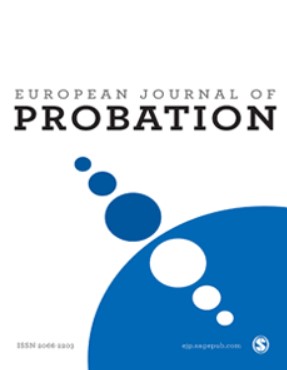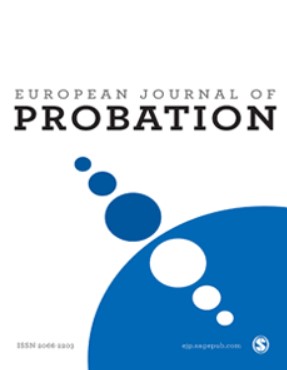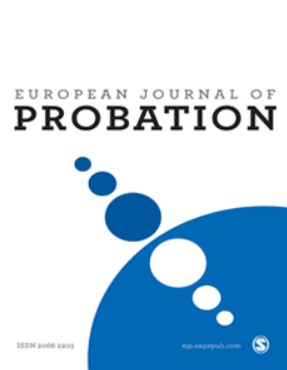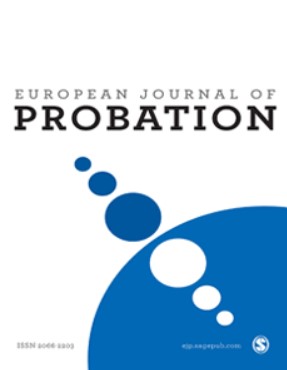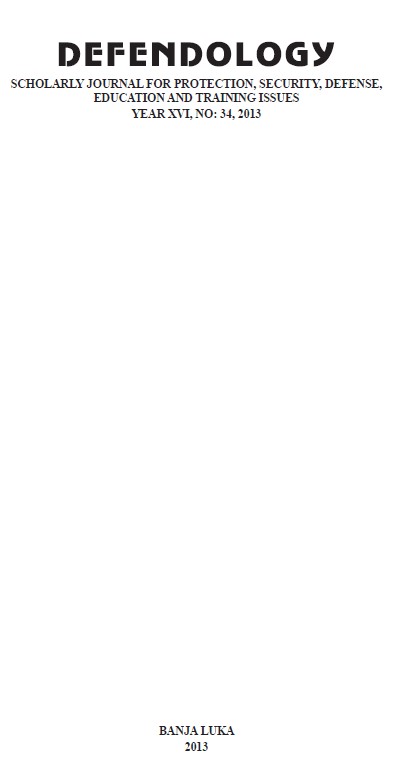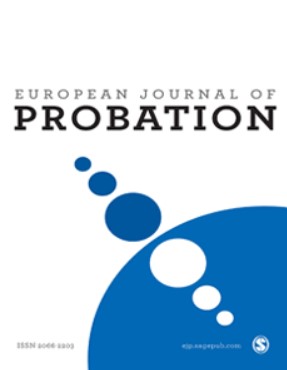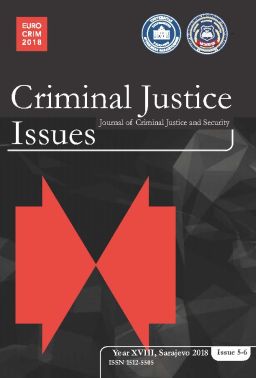
CANNABIS POLICY REFORM IN GERMANY: CONSTITUTIONAL AND POLITICAL DISCOURSES ON DECRIMINALIZATION AND REGULATION STRATEGIES
There is relentless discussion in Germany about the right manner to deal with cannabis and its users. In 1994 and 2004, the Federal Constitutional Court reaffirmed the legal appropriateness of prohibition. However, since then, data about the dangers and effects of cannabis use have quieted alarm, and Europe, alongside the once-prohibitive United States, has had its initial experiences with liberalized use of cannabis. Since the founding of the Schildower Kreis, a network of experts from science and practice, 122 criminal law professors have petitioned the Bundestag for an Enquête Commission. The basis of the Federal Constitutional Court’s decision no longer exists. The Narcotics Act and constitutional discourse on cannabis prohibition need to be reviewed, as do political arguments about wasted resources and high costs, led by empirical examinations from Hamburg University of Applied Police Sciences. This study surveys police officers for their thoughts about drug policy and dealing with cannabis-related offenses. Results show that the attitudes of criminal detectives (contrary to the officers of the security police) have changed since the 1990s and that prohibition is not considered effective. Indications of a paradigm shift in drug policy, as required by the Global Commission on Drug Policy, are appearing in Germany.
More...
